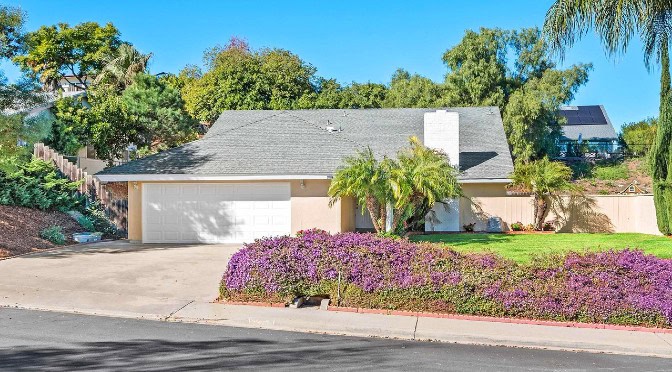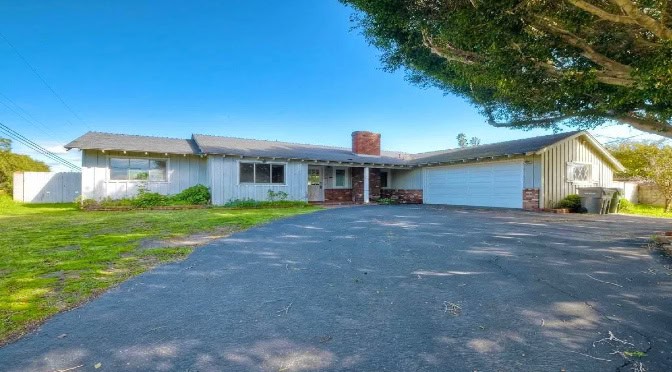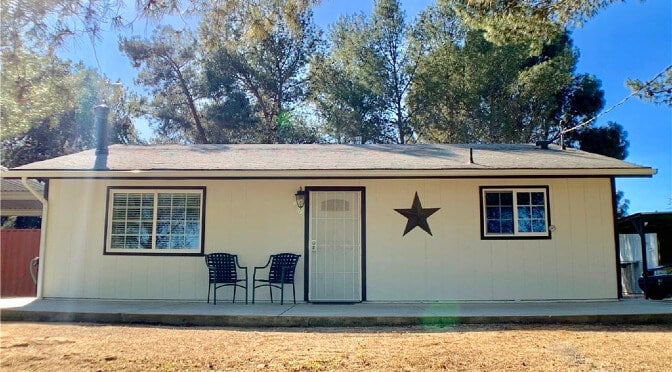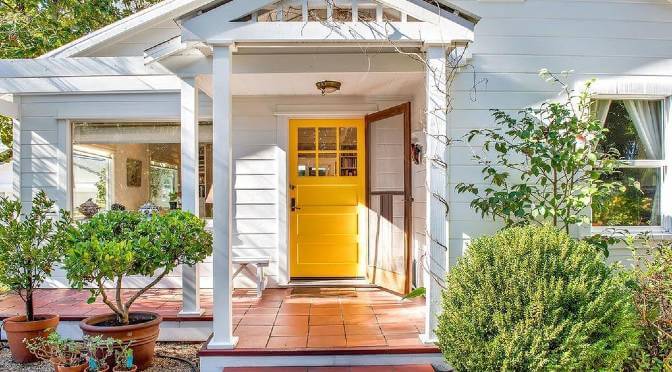
Private Money Bridge Loans
Purchasing a new home while trying to sell your existing home can create major timing and financial headaches. Private money bridge loans offer a short-term solution for bridging this gap between properties. These temporary loans from private lenders allow you to tap into your existing home’s equity to fund the purchase of a new property before selling. However, qualifying requirements, costs, and risks are quite different compared to traditional mortgage lending.
Below are answers to the top 15 questions about private money bridge loans.
1. What is a private money bridge loan?
A private money bridge loan is a short-term loan that provides temporary financing until a longer-term solution can be obtained. It “bridges the gap” between the purchase of a new property and the sale of an existing one or until permanent long-term financing can be put into place. Private money bridge loans are funded by private lenders rather than traditional banks or financial institutions.
2. How do private money bridge loans work?
Private money bridge loans work by allowing a borrower to use their current property as collateral to obtain funds to purchase a new property. The loan covers the down payment or the entire cost of the purchase of the new property. Once the old property sells, the sale proceeds pay off the bridge loan. Private lenders fund these short-term bridge loans with their own capital.
See this article for addition private money bridge loans examples.
3. What are the requirements for getting a private money bridge loan?
Common requirements for private money bridge loans include:
- Sufficient equity in the existing property to use as collateral
- Acceptable credit score (though requirements are less stringent than banks)
- Ability to repay bridge loan(s) through sale of property or refinancing of property
4. What are typical interest rates and fees for private money bridge loans?
Private money bridge loans tend to have higher interest rates than traditional mortgages. This is because bridge loans are only short-term and can be considered higher risk to the lender. Bridge loan interest rates will vary but they are typically in the range of 10-12%. Lenders also charge fees like points or origination fees of around 2% of the loan amount.
5. How long do private money bridge loans typically last?
Bridge loans are only for short-term use. Terms of up to 11 months are available. The goal is to quickly sell the existing property to pay off the bridge financing. Lenders may allow extensions for an additional fee if more time is needed.
6. What are the pros and cons of using a private money bridge loan?
Pros:
- Fast funding and approval (2-3 weeks typically)
- Less stringent qualification requirements than traditional loans
- Submitting a purchase offer without a contingency to sell existing property
- Allows purchase of new property before selling existing one
- Avoid moving twice
Cons:
- Higher interest rates than conventional financing
- Financial risk if existing property doesn’t sell quickly
7. When would you use a private money bridge loan versus other financing options?
Private bridge loans are best to use when:
- A property needs to be purchased before selling the existing property
- The borrower cannot qualify for other loans due to their financial situation
- Fast funding is required that traditional lenders can’t provide
- Only short-term financing is needed until the existing home sells
8. How do you qualify for a private money bridge loan?
The private money lender will review the borrower’s bridge loan application in order to understand their financial situation (assets, liabilities, income). The lender will also conduct a valuation of the borrower’s property to determine if there is sufficient in the property. This qualification process can be completed within 1-2 days and in some cases can be completed the same day the application is received.
9. What documents are needed to apply for a private money bridge loan?
Common documentation includes:
- Residential loan application form
- Recent tax returns (if a future conventional refinance will be required)
- Credit report
- Purchase contract for new property
10. How quickly can you get approved for a private money bridge loan?
One major advantage of private lending is speed. While conventional mortgage approval takes can take up to 30-60 days, private bridge loan approval can take as little as 1-2 days. In some cases, same day approval is possible. Funding often take 2-2.5 weeks once the loan process is started.
11. What are the risks associated with private money bridge loans?
Key risks include:
- Shorter repayment timeline of 11 months creates time pressure to sell quickly
- Potential for foreclosure if existing home cannot be sold home
12. Can you get a private money bridge loan with bad credit?
Private lenders have more flexible credit requirements than banks. but higher credit increases the likelihood of bridge loan approval. With sufficient equity in the existing property, some private lenders may accept credit scores in the range of 600. Since the sale of the existing property will be paying off the bridge loan (and conventional refinance) the private lender will be less concerned about the lower credit scores.
13. What happens if you can’t repay a private money bridge loan on time?
If the borrower has made all the payments and continues to keep the loan current, it may be possible for the lender to continue to make monthly payments when the loan hits the maturity date. The borrower would have to continue to make an effort to sell the property.
If the borrower is not making payments and not able to sell the property, the property will ultimately go into foreclosure and be sold at a foreclosure auction just like any other real estate loan that goes into default.
14. How do you find reputable private money lenders for bridge loans?
To find a reliable private money lender:
- Ask for referrals from a local real estate agent or mortgage broker
- Search online for private lenders specializing in bridge loans in your area
- Verify the lender is licensed to provide residential bridge loans
- Read client reviews of the lender to ensure they are honest and provide what they promise
15. What are typical loan-to-value ratios for private money bridge loans?
The loan-to-value (LTV) ratio is the loan amount compared to the value of the collateral property. For private bridge loans on residential property, LTVs of 65-75% are typically available. The higher the LTV, the higher the risk for a private lender.
The information provided herein is for educational purposes only. North Coast Financial is not providing any legal, tax or financial advice.
Recent Private Money Bridge Loans Funded by North Coast Financial
Bridge Loans Resource Guide
California Private Money Bridge Loan Request
We will contact you to review the loan scenario and provide a quote.




